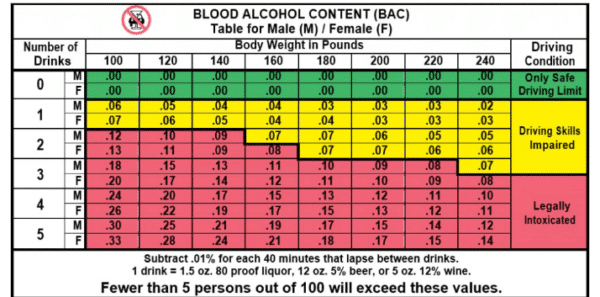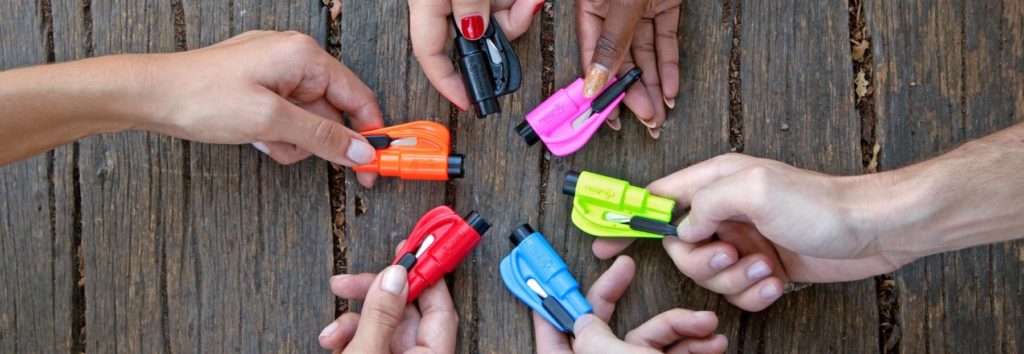Teaching your teen how to drive responsibly includes emphasizing the importance of emergency preparedness. While the excitement of gaining independence is strong, it’s crucial to ensure your young driver knows what to do in case of an emergency. Below are some key safety tips to equip your teen driver with the knowledge and tools they need to stay safe on the road.
1. Discuss the Dangers of Drinking and Driving
A serious conversation about drinking and driving is essential. Peer pressure can influence teens to make dangerous decisions behind the wheel. Additionally, the desire to belong can lead to poor decision making. Be sure to explain that alcohol impairs reaction time and decision-making, which could lead to accidents or even fatalities. It’s critical for them to understand the consequences of drinking and driving. Consequences can include not only material damages but the possibility to injure themselves and others. It is also important to emphasize the possibility of getting their license suspended and having a DUI on their legal record.

2. Warn About the Dangers of Distracted Driving
Distractions such as texting while driving, eating while driving, or being distracted by peers in the car can be deadly. Discuss the risks of distracted driving and encourage your teen to focus entirely on the road. A useful tip is to keep their phone out of reach or in a secure place while driving to avoid the temptation to check messages or make calls. Another helpful tip is to put the phone in driving mode so that their notifications are paused.
Different types of Distracted Driving:
- 👀 Visual- taking your eyes off the road
- 🤲 Manual- taking your hands off the steering wheel
- 🧠 Cognitive- taking your mind off driving (deep thoughts or strong emotions)
3. Ensure They Have a resqme Tool
The resqme tool can be a life-saving device in critical emergencies. This 2-in-1 seatbelt cutter and window breaker is specifically designed to assist in situations such as car entrapment or submersion underwater. It’s an essential safety tool to ensure your teen driver is prepared for the unexpected.
In the event of a car emergency, the driver should first use the stainless steel blade on the resqme tool to cut through a jammed seatbelt. Once freed, the next step is to try rolling the window down. If that doesn’t work, the driver can use the black window breaker end of the resqme to shatter a tempered glass window for escape.
To ensure quick access in an emergency, the resqme tool can be conveniently stored on the dashboard using the dashboard clip, or mounted to the rearview mirror, headrest, or sun visor using the mounting kit. The resqme can also be placed on a keychain or the gear shift using the included zip tie. It is important to always have the resqme easily accessible in case of emergency.
Make sure your teen driver has this crucial tool in their vehicle and understands how to use it – it could make all the difference in a critical situation.
4. Get Them a Whistle for Life
A Whistle For Life is a practical and effective safety tool. With a 120 dB sound, it ensures that help can hear them in case they’re stranded or need assistance. This simple device can help your teen signal for help in emergencies, providing you with peace of mind when they’re out driving alone.
5. Provide an Emergency Kit
It’s a great idea to keep an emergency kit in your teen’s vehicle. Equip the kit with items like:
- Jumper cables
- A spare tire
- A flashlight
- A first aid kit
- A resqme tool and a Whistle For Life
Being prepared for common issues such as dead batteries or flat tires can help your teen handle unexpected situations with confidence. It is important to teach your teens how to change a tire, replenish fluids, check the tire pressure and charge a dead battery.

Conclusion
The transition to being a responsible driver is a big step, and ensuring your teen knows how to handle emergencies is crucial. Equip them with the right tools and teach them the importance of safety—whether it’s a resqme tool, a Whistle For Life, or simply educating them about distracted driving. By staying prepared, you can give both yourself and your teen peace of mind while on the road. These small but helpful tips can be life or death in certain situations, so it is extremely important to have these crucial conversations with your teenagers so that you and your loved ones are always prepared for an emergency.


